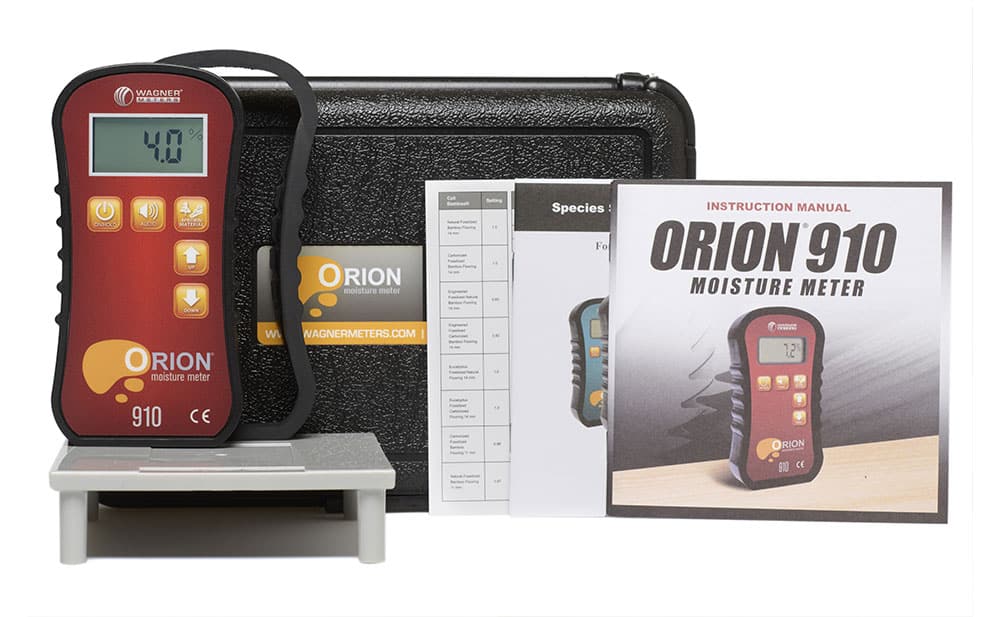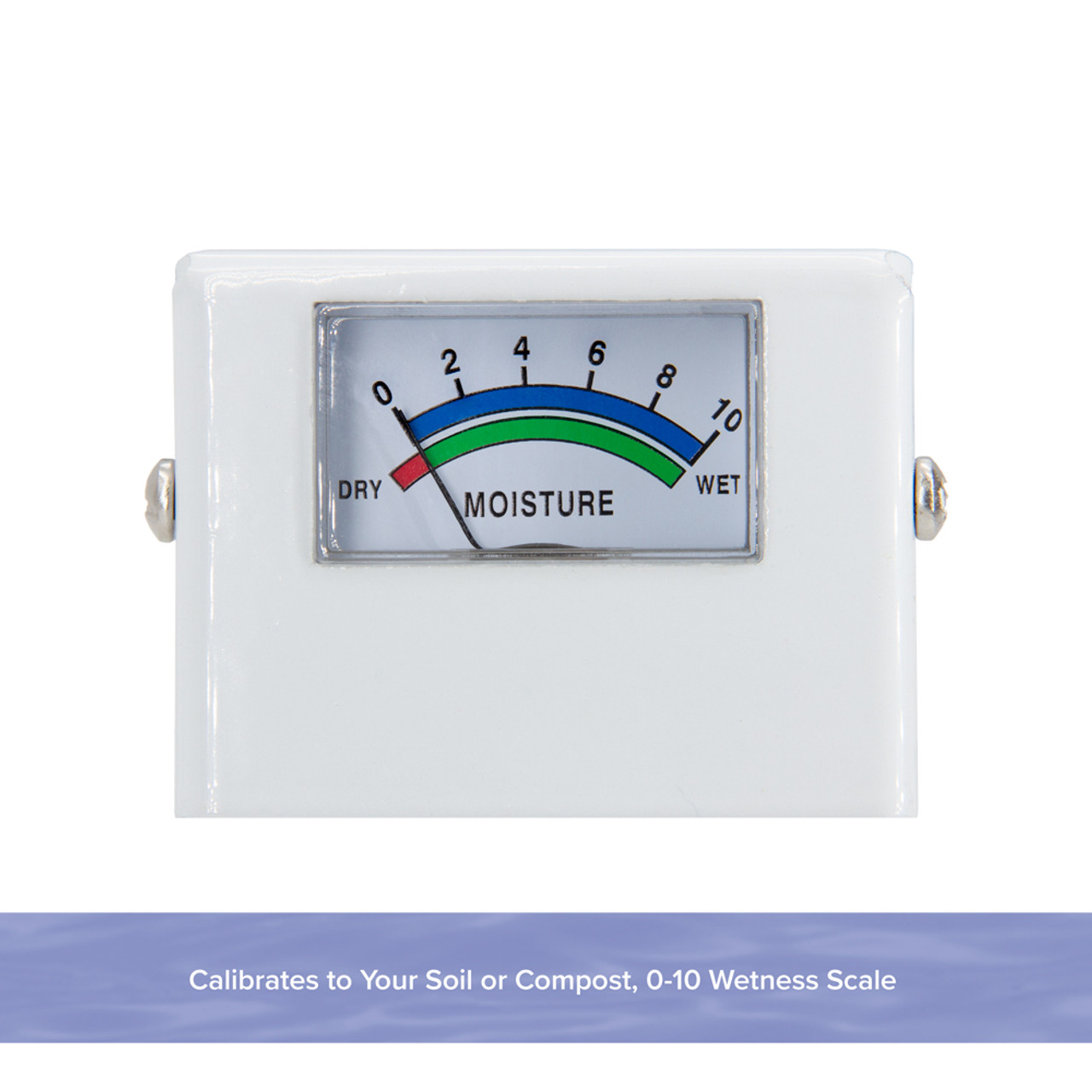Moisture Meter Reviews: Comparing the very best Designs for Professional and DIY Usage
Moisture Meter Reviews: Comparing the very best Designs for Professional and DIY Usage
Blog Article
The Ultimate Guide to Moisture Meters: A Comprehensive Introduction and Exactly How They Can Save You Money
In the realm of building maintenance, building, and various industries, the relevance of accurately measuring moisture levels can not be overemphasized. Dampness meters work as essential tools in spotting and keeping track of moisture material in products, helping in preventing expensive problems and making sure the quality of items. Comprehending the nuances of various kinds of dampness meters, their applications, and the potential cost-saving benefits they supply can be a game-changer for professionals and businesses alike. Finding how these gadgets can not just streamline procedures yet likewise contribute to economic savings is a journey worth beginning on.
Kinds of Moisture Meters
One usual type is the pin-type wetness meter, which gauges the electric resistance between 2 pins inserted into a material. Pinless moisture meters, on the other hand, use electromagnetic sensor plates to check a bigger area without causing damages to the material's surface area.
Infrared wetness meters gauge the thermal buildings of a product to determine its moisture material non-invasively, making them useful for applications where pin or pinless meters might not be appropriate. Understanding the various kinds of moisture meters readily available can aid sectors pick the most appropriate tool for their particular wetness measurement demands.

Advantages of Making Use Of Moisture Meters

Moreover, utilizing moisture meters can lead to enhanced energy efficiency. In agricultural settings, wetness meters play a critical duty in maximizing crop yields by allowing farmers to keep an eye on soil moisture levels and make educated watering decisions.
Just How to Select the Right Moisture Meter
Selecting the ideal wetness meter entails taking into consideration vital variables such as product compatibility, measurement array, and calibration precision. When selecting a dampness meter, it's necessary to guarantee that the meter appropriates for the details material you will certainly be screening. Different materials have varying electrical residential properties that can influence dampness readings, so choosing a meter developed for your product is crucial for accurate outcomes. Additionally, consider the dimension variety of the moisture meter. Ensure that the meter can identify wetness degrees within the range needed for your applications. Calibration precision is one more vital factor to remember (Moisture Meter). Select a moisture meter with reliable calibration to make certain constant my link and accurate analyses. Some meters might need routine calibration adjustments, so recognizing the calibration procedure is essential. By carefully assessing these elements, you can choose a wetness meter that satisfies your demands and offers exact wetness dimensions for your projects.
Appropriate Strategies for Moisture Meter Use
To make certain exact moisture readings and optimize the efficiency of a moisture meter, utilizing appropriate strategies is necessary. When using a pin-type moisture meter, place the pins or probes into the product being tested until they make complete get in touch with. By following these appropriate strategies, users can rely on their dampness meter to give trustworthy dampness degrees, assisting in stopping pricey damages or making certain quality in different applications.

Expense Savings Through Moisture Meter Applications
Exactly how can the critical usage of moisture meters lead to substantial expense savings throughout different sectors? Wetness meters play a vital duty in cost financial savings by protecting against prospective damages and ensuring quality assurance in various markets. In the farming sector, dampness meters aid in figuring out the optimal time for collecting plants, preventing over-drying or excess dampness that can affect the final product's high quality. This specific monitoring aids farmers avoid unnecessary losses and maximize their return.

In addition, in the food handling market, dampness meters are essential for keeping an eye on product top quality and making sure compliance with security regulations. By properly gauging wetness web content in food, makers can avoid perishing, keep quality, and decrease waste, leading to significant cost financial savings. Generally, the calculated application of moisture meters is a valuable investment that can result in significant expense decreases and boosted performance throughout numerous industries.
Verdict
In conclusion, wetness meters are important tools for finding and gauging moisture levels in numerous products. By making use of the appropriate dampness meter and adhering to hop over to these guys appropriate techniques, users can properly avoid pricey problems created by excess dampness.
Moisture meters offer as essential tools in discovering and checking moisture content in products, helping in stopping costly damages and ensuring the high quality of items. Infrared wetness meters gauge the thermal residential or commercial properties of a material to establish its dampness content non-invasively, making them useful for applications where pin or pinless meters may not be ideal.Wetness meters offer important benefits in properly evaluating and keeping track of wetness degrees in varied materials and settings. In agricultural settings, wetness meters play a critical role in enhancing crop yields by enabling farmers to check soil wetness levels and make informed watering decisions.In conclusion, dampness meters are valuable tools for gauging and finding moisture degrees in numerous products.
Report this page